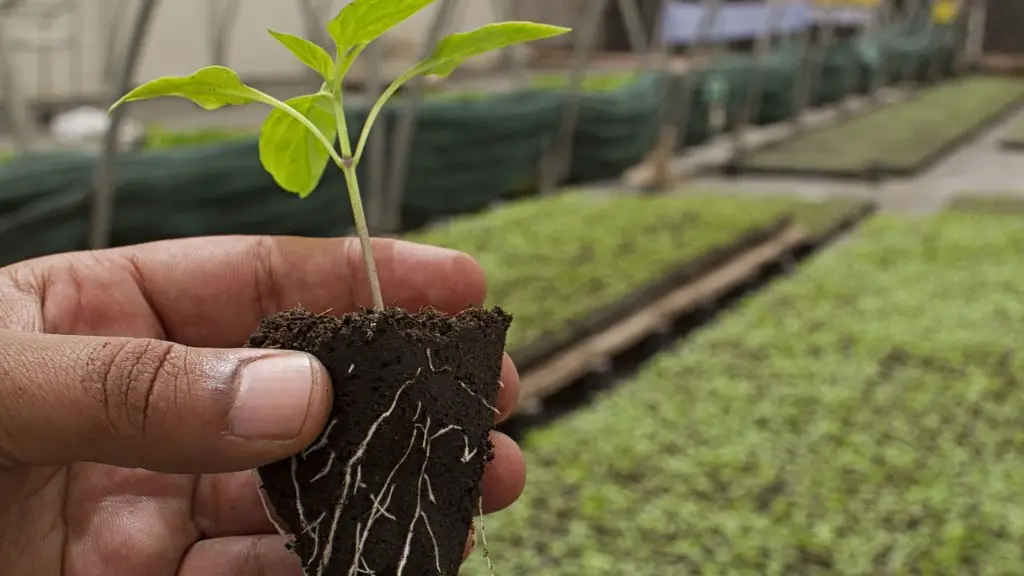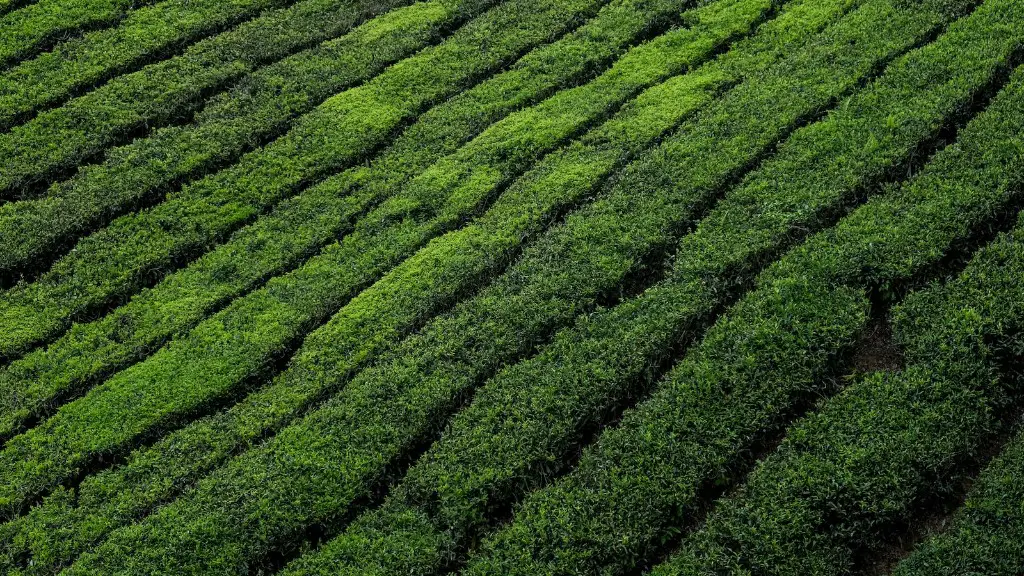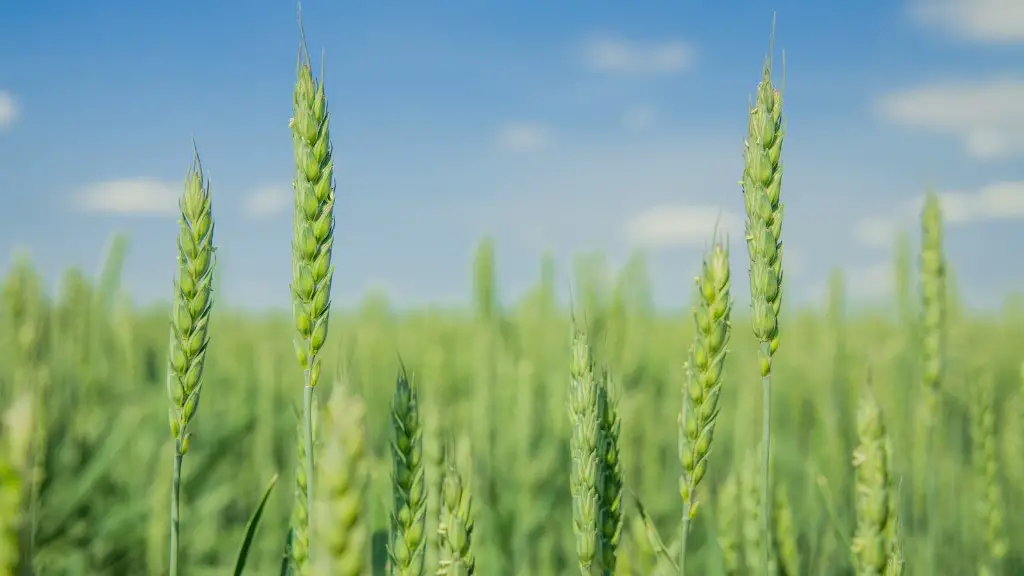Culture in agriculture refers to the shared practices, values, beliefs, and customs of rural communities and their relationship to their environment. It is a concept that has been around for centuries and has been developed over time. It is rooted in people’s relationship to their land, to their food and to each other. It is a complex system of knowledge and practices that is passed down through generations and is integral to the sustainability and health of rural communities and their ecosystems.
Agricultural culture is not a static concept; it changes and evolves over time, responding to external and internal pressures. It reflects the cultural values, symbolism, and knowledge of those who work the land and raise animals. Culture in agriculture is a multi-disciplinary, multi-faceted concept rooted in the collective experiences, practices, beliefs, and values of farming and rural communities. It also depends on the natural environment in which it is practiced, as well as the social and economic systems that encourage and facilitate it.
Culture in agriculture can be broken down into four main components: Cultural Practices, Cultural Belief Systems, Social Values, and Environmental Knowledge. Cultural practices are the ways of doing things, such as the tools and methods used to tend the land, harvest crops, and care for animals. Cultural belief systems are the values that people hold and cherish, such as respecting the land, animals, and one another. Social values refer to the ways people interact in the community, including how they manage resources and make decisions. Environmental knowledge is the understanding of how the environment works and how it responds to human activities.
Culture in agriculture is essential for rural communities to sustainably interact with their environment and the food they produce. It gives them an understanding of their relationships to the land, their crops, and to one another. It also gives them a sense of identity and belonging. Culture in agriculture is essential for the health and vibrancy of rural communities, as well as for the health of their land, water, and ecosystems.
Culture in agriculture plays an important role in ensuring rural communities have access to healthy food and nutrition. It is also essential for the sustainability of rural communities as it informs the ways they interact with their environment, manage resources, and make decisions. It is a critical factor in building resilient and sustainable agricultural systems.
Nutrition & Access
Agricultural culture shapes how communities access and produce food, and how well individuals and communities have access to healthy and nutritious foods. This is determined by factors such as the types of crops grown, the ways in which animals are raised, and the community access to food sources. The type of farming undertaken and the dietary practices within a community informs its access to food. This includes access to traditional and traditional-style foods, wild harvested foods, access to diets rich in plant-based foods, and restricted access to highly processed and unhealthy foods.
Environmental Sustainability
Culture in agriculture is essential for rural communities to sustainably interact with their environment and the food they produce. This is particularly the case when it comes to managing the land, soil, water and other vital resources in an efficient, effective, and sustainable manner. Cultural practices, such as no-till farming and permaculture, soil management practices, and water harvesting, are a reflection of the environmental knowledge cultivated over many generations. It also affects how people interact with their land, by promoting practices such as diversified cropping systems, integrated pest management, and agroforestry.
Social Interactions & Decision Making
Cultural values shape the ways people interact with each other, their environment, and their food. This includes the social norms and mores that dictate how resources are allocated, shared, and managed, and who has decision-making power within the community. Cultural values influence how resources are distributed and shared within the household and community, and how decisions and tasks are identified, shared, and completed. These values also influence how and where food is prepared and consumed, and how individuals and communities interconnect within the community and with their larger environment.
Global & Local Connections
Culture in agriculture has global and local implications. It shapes how communities are connected to the broader global food system, and how they are connected to their traditional cultural practices. It influences how people interact with their markets and customers, whether local or international, how they access technology and knowledge, and how they navigate and negotiate the global food system. Culture, values, and environmental knowledge also profoundly shape the collective global efforts to respond to persistent economic imbalances in the food system, as well as climate change, water scarcity, and other environmental and economic issues.
Adaptability & Change
Changes in culture in agriculture, such as the introduction of new practices and technologies, shape how rural communities interact with their environment. Culturally appropriate interventions, such as those that incentivise changes in agricultural practices in order to increase productivity and sustainability, have a significant impact on the health and resilience of rural communities. Cultural knowledge is also essential for rural communities to anticipate and respond to changing environmental conditions and opportunities. Adaptive capacity is the ability of rural communities to adjust to changing external conditions, and cultural practices and values are integral to this process.


